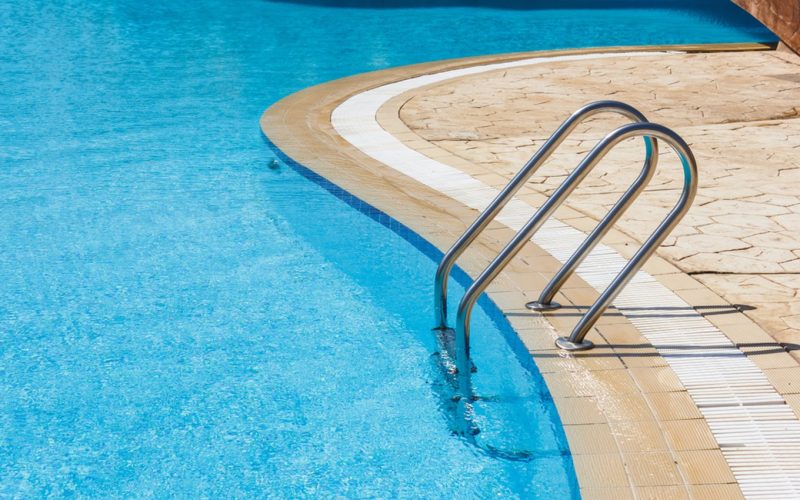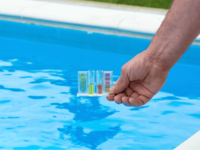You’ve probably heard that soda is used to keep the water clean and clear. But few can explain whether it is effective and how it works. In our article, you will find all the necessary information about whether you can use baking soda to clean the pool, whether there are any risks, and many more.
So don’t waste a minute and find answers to all your questions as soon as possible!
Should I use baking soda to clean the pool?
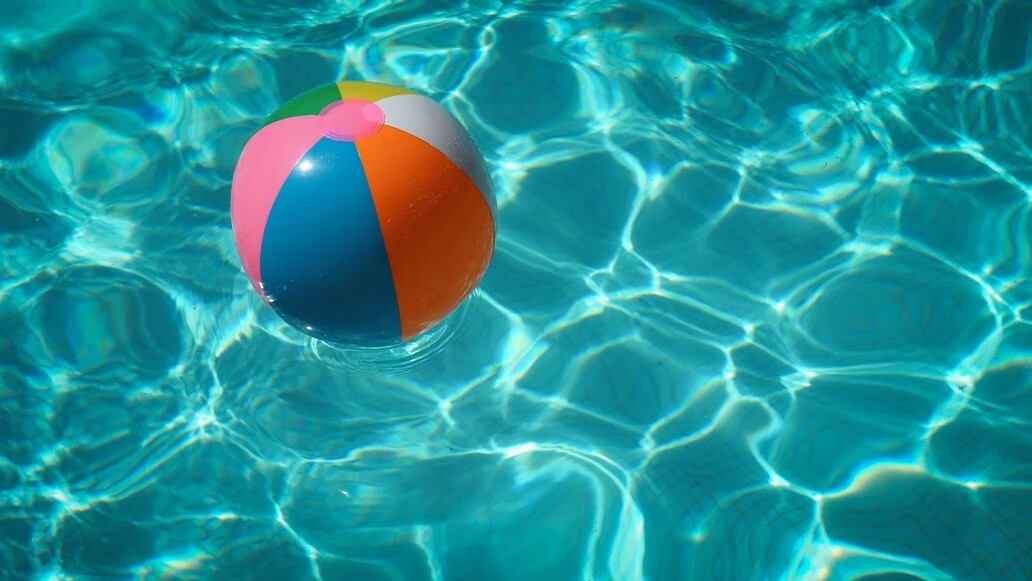
Before deciding whether baking soda is effective, let’s understand how everything works.
Let’s start with analyzing the parameters by which you can determine the purity of your water. There are components such as the pH level and alkalinity of the water, which can determine its condition.
Many people use chlorine to disinfect water, but excessive use of it greatly reduces the pH and alkalinity, which subsequently causes skin irritation, stinging eyes, dry hair, and even allergies.
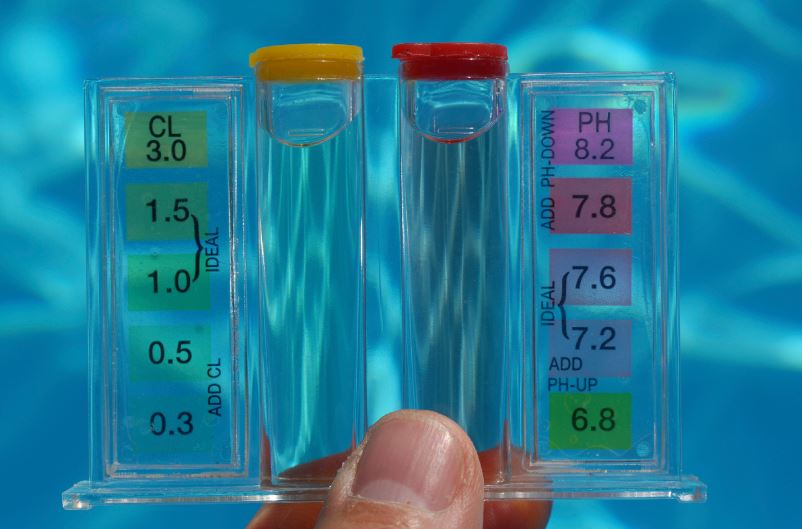
Over time, the water in the pool becomes more acidic (the pH level decreases). Also, it’s worth remembering that when it rains, water with a pH of 4–5 enters the pool, which will eventually change the overall pH of the pool. Also, it’s important to know that body fluid and organic residues can also lower the pH level of the pool, which negatively affects not only the health of swimmers but also causes corroded pool tiles and fixtures.
On average, a pool should have a pH level of about 7.2 – 7.8. And here we will talk about why baking soda is perhaps the best solution for maintaining pH levels and maintaining clean and safe water. Baking soda has a pH of 8.3 and when you add baking soda to pool water, you increase both pH and alkalinity, improving the stability and clearness of the water.
The study clearly shows that soda is actually used to purify water and has the following positive aspects:
- It effectively saves you money, costing several times cheaper than chlorine and other chemicals for water purification;
- Helps water maintain the right level of pH;
- Prevents corrosion of pool equipment;
- Makes the pool water soft, will not irritate or dry the skin.
Therefore, we will give you a clear and short answer to the question: yes, it can be used effectively.
How much soda should I add to the pool?

The amount of soda you add to the water is important because it will influence not only the quality of the water but also your health, so treat this question very carefully.
The first thing you need to know is that the chemical measurements of the chemicals to be added to the pool are calculated per 10,000 gallons of water. Therefore, it is very important to understand the volume of your pool. So if you have not already done so, we recommend that you use the following expert instructions on how to do it.
If your pool is of a different shape, you will find the right formula for it here.
Basically, you should expect 1.5 pounds of baking soda per 10,000 gallons of water to increase alkalinity by about 10 ppm.
Since the minimum pH of your pool cannot be below 7.2, add about 3-4 pounds of baking soda to make the pH between 7.2 and 7.8. It is not recommended to add more than 2.5 pounds of soda per day. Therefore, it is necessary to break this process into several days, constantly measuring the level of ph.
In this process, you need to be very careful when adding and you should constantly measure the level of pH and alkalinity. If you do not know how to do it correctly and efficiently, we recommend that you refer to this article.
Step-by-step guide on how to clean your pool with soda
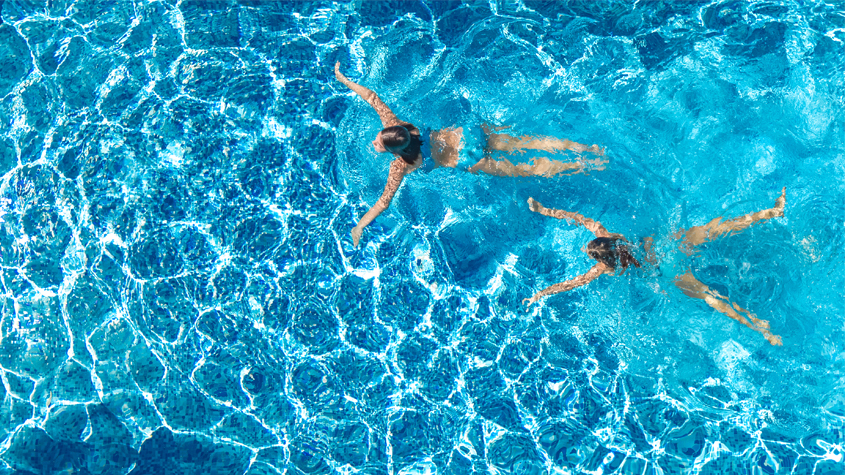
We have described in detail all aspects, so it’s time to move on to the most important thing: how to properly add soda to the pool. So let’s look at everything in detail below.
1. The first thing you need to do is measure the pH and alkalinity of your water. Remember that its level cannot be lower than 7.2 and cannot exceed level 7.8.
2. The next step is to deduct the right amount of baking soda for your pool. This was described in detail above. Recall that you can not add more than 2.5 pounds of soda per 10,000 gallons of water per day. In general, you will need 3 to 4 pounds of baking soda to raise the pH level, so carry out this process for several days, constantly measuring the pH level and alkalinity.
3. Then, you should buy soda. It can be easily bought in large quantities in online stores, and its price may be lower than if you want to buy it in a regular store. Also, expect that you can take 2-3 times more soda than you need, because in the process of adding you may need a little more soda than you calculated.
4. Next, we move on to the most important moment when you directly add soda to your pool. We advise you to do it gradually, placing it over the entire area of the pool. We remind you that you should first add small amounts, constantly checking the levels of pH and alkalinity.
5. Then wait a few hours and measure again. If they do not suit you and the pH level has not reached 7.2, repeat the process. In general, the whole process can take up to several days.
Are there any risks that may arise when adding soda to water?
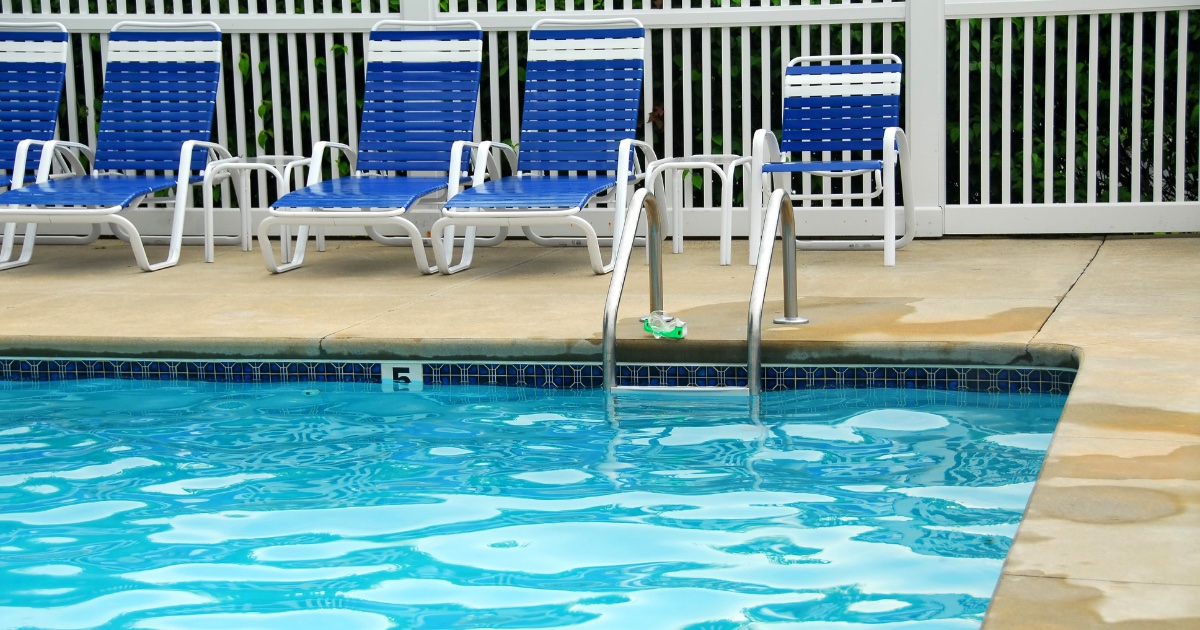
Baking soda is completely safe to use. Even if you slightly exceed the amount you need to add to the water, it will not have any side effects. Baking soda does not contain any elements that, if used excessively, will adversely affect your health or pool equipment.
The only problem that may arise is that adding too much soda can cause too much accumulation of calcium. This will lead to the formation of a small film on the walls of the pool, which can subsequently impair the performance of the filter.
Bonus: other effective ways to clean the pool
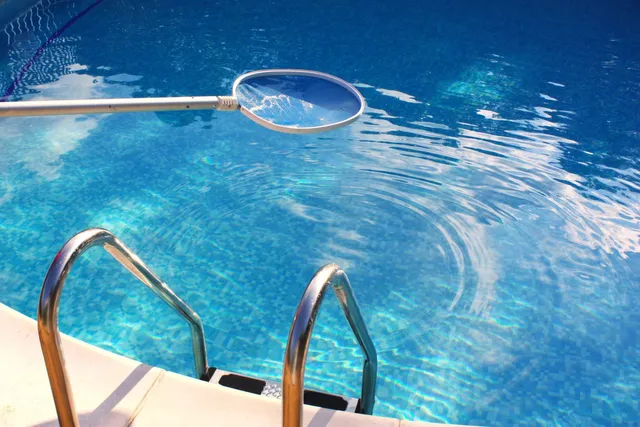
Baking soda is just one of the few ways to help you keep your pool clean. Let’s look at other effective options.
Speaking of purification, we remind you that if you have a pool or a jacuzzi, you must also take measures to purify the water. One of the most effective ways is shocking water. A large dose of oxidant is added to the water to help eliminate various contaminants. This procedure should be performed at least once a week. Also, keep in mind that your pool requires regular cleaning and maintaining the right level of chemicals in the water, so you should test these metrics every two weeks.
Also of the most popular cleaning options is robotic cleaners, which can effectively clean the entire pool area quickly and without any assistance.
If you do not want to spend on it, but you still need to clean the pool, the manual operation pool cleaner is the perfect choice for you. Its functionality is very simple and everyone will be able to adjust it to their needs and effectively clean the dirt in the pool.
Summary
In this article we have discussed in detail whether you can use soda to purify water in the pool, talked about how to calculate the amount of soda for your pool, and showed a step-by-step guide on how to properly add soda to your pool. We also talked about the possible risks and various other opportunities for water purification.
We hope that this article was useful for you and we were able to dispel your doubts about the use of baking soda to maintain clean and clear water in the pool!
FAQ
💡 Does baking soda hurt your pool?
No, the use of baking soda does not harm the pool. Only if you add too much of it, can a calcium film can be formed on the walls of your pool, which can clog the filter.
🔍 How long do you keep baking soda in the pool?
After you have added a certain amount of soda to your water, you should wait up to 6 hours until it is completely dissolved. Only then can you re-measure the pH level and add more.
🏊♂️ Is soda in the pool dangerous to health?
No, it is completely safe. Moreover, it makes water softer for the skin, reduces dry hair, and eliminates all odors.
